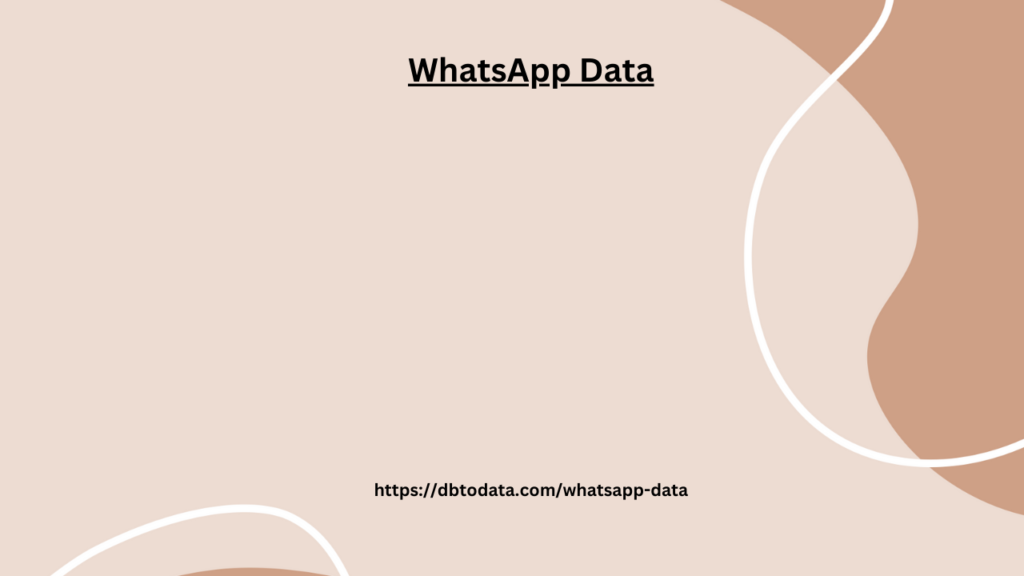Your cart is currently empty!
Open science round-up: January 2024
n this issue, we feature an insightful editorial by Ross Mounce on diamond open access and the imperative to reassess academic policies, specifically concerning indexation in proprietary indexes as a criterion for quality.
Unfair Discrimination Against Diamond Open Access Stifles Progress
Recently I have been trying to dispel misunderstandings about diamond open access – the mode of open access whereby there are no author-side or reader-side charges. Some out there would have you believe that diamond open access cannot ‘scale’. Some also say that diamond open access journals don’t innovate. I have an example that runs counter to both of those assertions. In a recent OASPA webinar, I talked about a tale of two open access journals catering for the same authors, one of which has author-side article processing charges (APCs): SoftwareX, and the other: Journal of Open Source Software (JOSS), which does not charge APCs.
Both journals,
SoftwareX (established in 2015) and JOSS (established in 2016), are open access and have published highly cited papers, with citations reaching 15,000 for SoftwareX and 10,000 for JOSS. In addition, they publish a high volume of papers, with over 300 in whatsapp data SoftwareX and over 400 in JOSS in 2023, challenging the notion that “diamond open access can’t scale”. However, that is where their similarities end.
SoftwareX
is otherwise a fairly typical APC journal with black box peer review chatway vs. shopify inbox. which support tool is better? and no transparency offered on its process. Whereas JOSS provides readers access to the entire thread of editorial handling, including peer-review reports and author responses. At JOSS we don’t just have to trust that peer-review has taken place – we can see it! The way in which JOSS leverages the GitHub platform for manuscript tracking, editorial work, and peer-review is highly innovative and adds great value to submitted manuscripts. So much for assertions about diamond not innovating! JOSS is also consumer data remarkably financially efficient with very low running costs.
However,
The Directory of Open Access Journals, recognising its quality, indexed JOSS about a year after its launch in 2017. Previously, SoftwareX had received the same treatment with an indexation about a year after its launch in 2016.
Yet two proprietary
journal indexers have not given these journals equal treatment. Scopus (Elsevier) and Web of Science (Clarivate) have accepted SoftwareX into their indexes but have refused to index JOSS, despite multiple applications from the JOSS team. At the time of writing, despite being, in my opinion, a superb, first-class journal for publishing research software, Scopus and Web of Science have not yet agreed to index JOSS.
The best solution
here is not to beg for JOSS to be included in these proprietary indexes, but rather to call institutions and departments relying on Scopus and Web of Science to review and change their policies.
